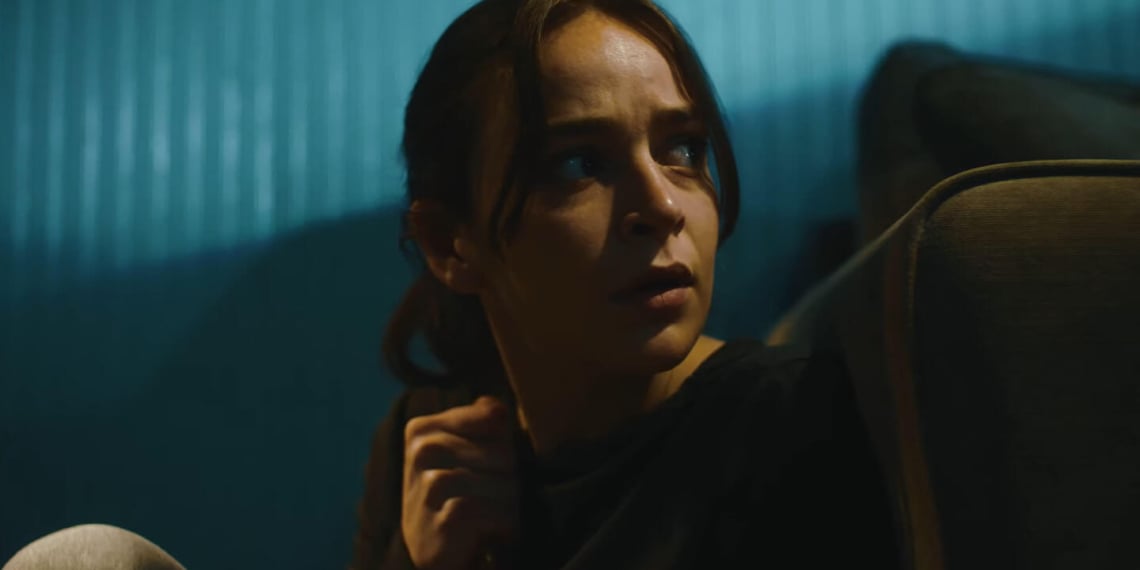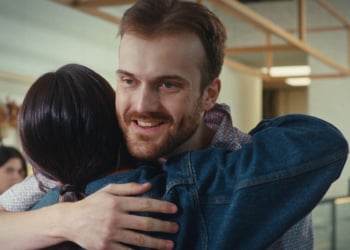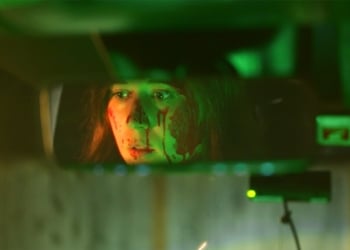Elijah Rodriguez’s Closing Day is a compact 4-minute horror that runs just long enough to (gratifyingly) unsettle its audience. In those brief minutes, it props up the memory of terror as a living force animating the dead.
Like the Lady of the Lake in The Haunting of Bly Manor, the ghost (Laurel Brower) of Closing Day repeats the motions she last associated with life, and like the Lady’s victims, the ghost languishes in the basement. She has no name, only questions of whose answers she has been robbed.
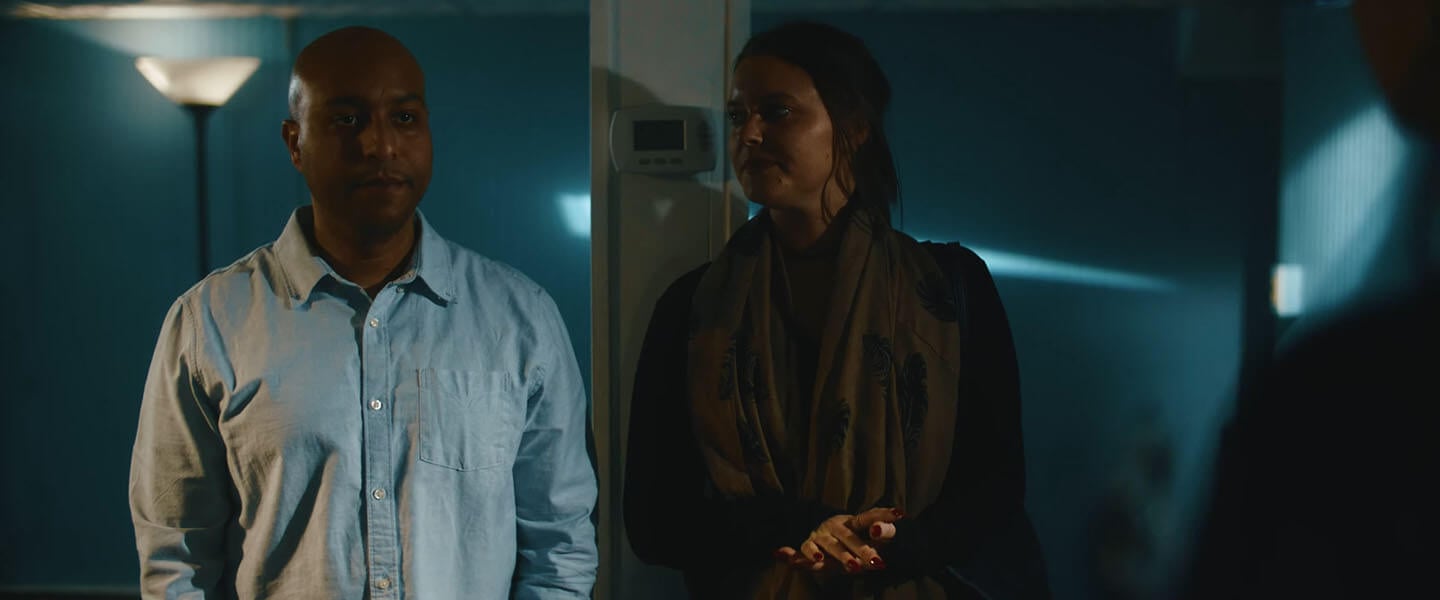
There is a general aura of a lost child—accentuated by the background score—in the dead young woman’s relationship with the world of the living, which makes the whole thing feel all the more hopeless: she will forever be barred from home while being right in its core. It will force her to assume the repulsive position of the entity that haunts and thereby ruins a home.
All this is shown within the framework of a property showing. The cheerful against all odds realtor (Giselle Samson) delivers the exposition—murder—while the clients (a couple, played by Grace Darlington and Rodriguez) vacillate between apprehension and profit.
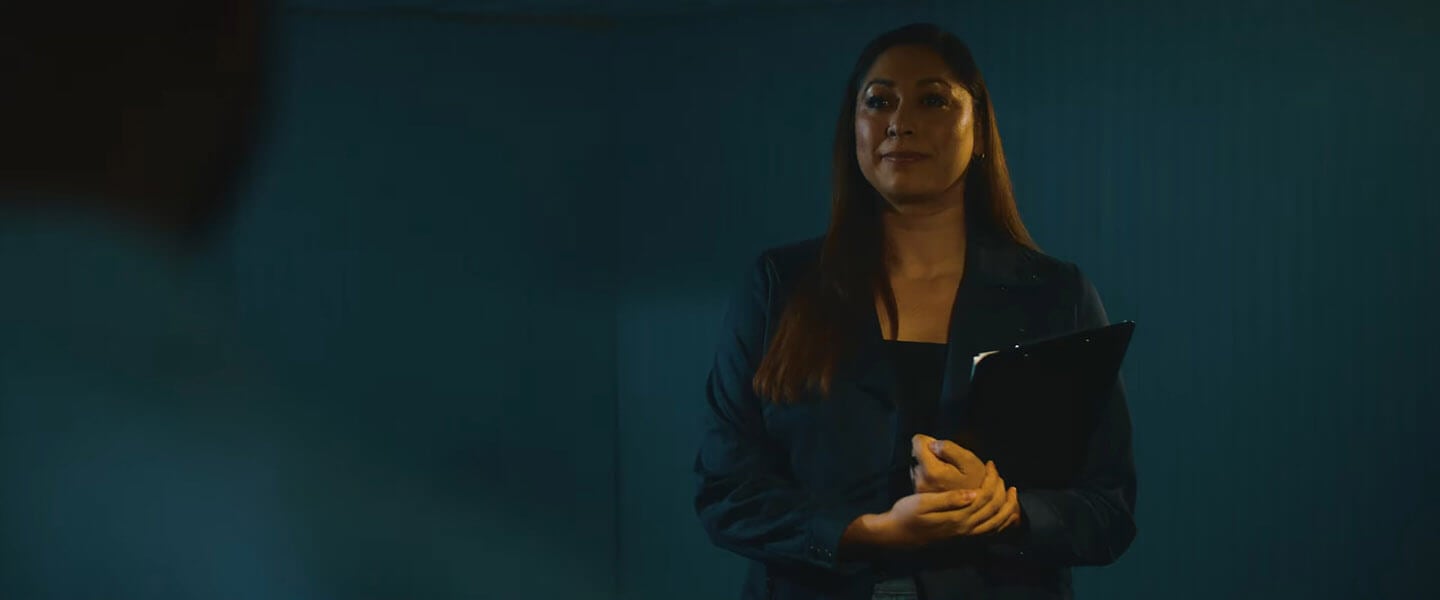
A flashback melds together a past and present, and their concluding image is a perverse, chilling thing that acquires at least half its effect from the lack of recognition from everyone but the audience and the dead.
Closing Day plays with sorrow and malevolence with surprising richness. Brower’s performance transforms the otherwise beautiful teal walls and golden lighting as claustrophobic things, a prison built out of her own home. The film understands that the essential tragedy of ghosts is when no one knows they are there.
Watch Closing Day Horror Short Film
Closing Day: Sorrow, Unsettling Malevolence, and the Desecrated Home
-
Direction
-
Cinematography
-
Screenplay
-
Editing
-
Music


